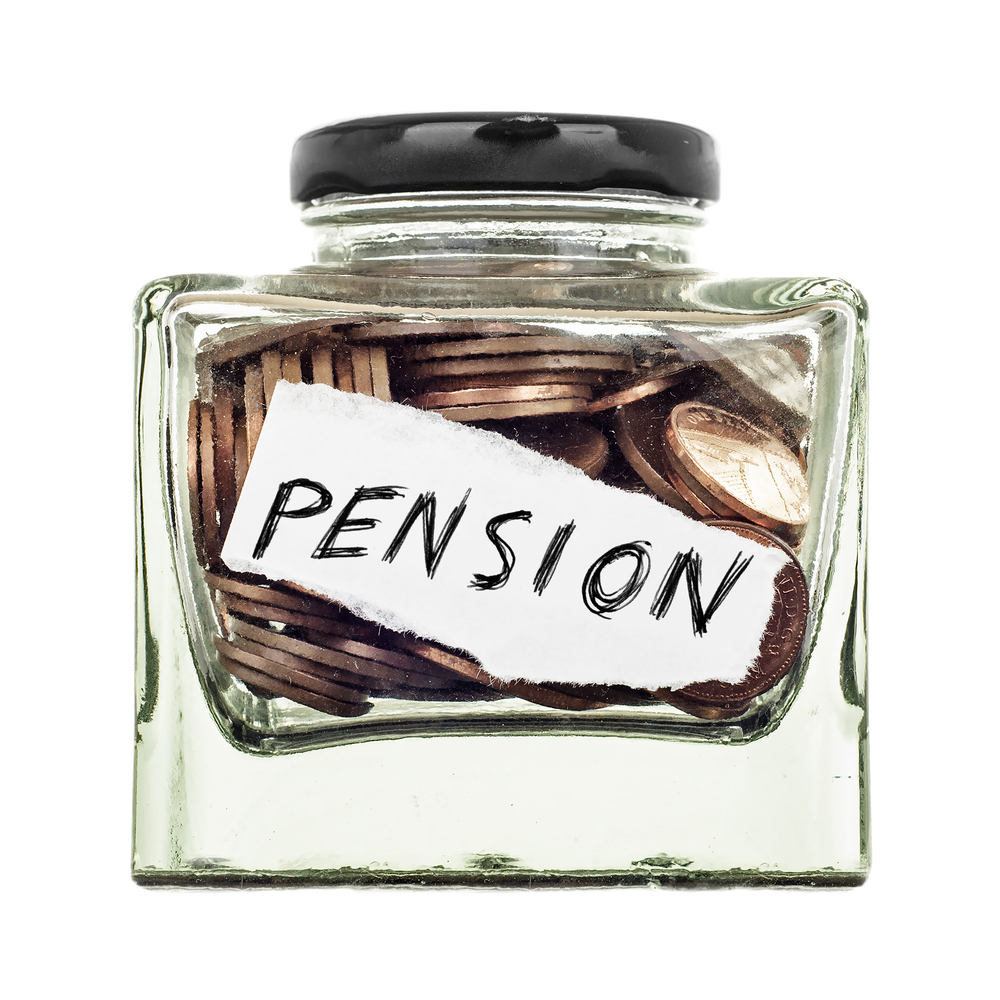Blog
BLOG: How to make your pension last you through retirement

How to ensure that your pension savings will last through retirement is a critical financial decision and one that many of those approaching retirement will have considered. I’m not talking about the state pension we’re all entitled to here, but rather the savings you’ve built up over the years to supplement this basic income.
The factors that determine how long your pension will last are complex and vary significantly depending on your personal goals and circumstances, as well as your actions in terms of how much you save and how much you plan to spend in retirement. These questions can also determine whether it’s worth taking advantage of pension freedoms by dipping into your pension when you turn 55.
However, one area that is often overlooked is the impact that fees can have on the length of your retirement. This can have a huge effect. By minimising costs while drawing down your pension, you can potentially extend your pension’s life by more than a third.
Doing the maths really drives home the importance of keeping fees low. Let’s assume you start with a pension pot of £350,000 and decide to withdraw £20,000 a year to fund your lifestyle, earning an average annual return (before costs) of 5% on the invested money you leave behind.
On this basis, your pension pot would last you just over 33 years if held in a low-cost multi-asset fund on a low-cost platform. In this example we assume a total cost of investing (including SIPP and ongoing fund charges) of 0.37%, based on real world examples. This would mean your theoretical average annual investment return (this time after costs) would be 4.63%.
In comparison, however, it’s not uncommon for savers’ investment costs to total 1.5% or even 2% per year. Using the same assumption of a 5% annual return before fees, these costs would cut your prospective return to 3.5% or 3% respectively. With these after-cost returns, your pension pot of £350,000 would last just over 24 years – that’s a difference of nine years compared to the low-fee scenario!
Life expectancy
Understandably, some people may prefer to take their chances when it comes to planning the length of their retirement, depending on when they intend to retire and their own personal circumstances. After all, average life expectancy in the UK for people of all ages is currently 79.4 years for men and 83.4 years for women.
However, these averages underestimate what’s likely to happen to for younger generations, given improved healthcare, healthier lifestyles and improved working conditions. A woman now aged 53 can, on average, expect to live to 87, and has a one-in-four chance of reaching 93, according to the government’s calculations.
In fact, research also shows there is a one-in-two chance that one or other of a couple retiring now will still be alive at 95-years-old, and this likelihood rises to 60% for people born in 1970.
With life expectancies continuing to trend upwards, it’s a significant risk to make financial decisions that might reduce how long your pension can last you. For many, the state pension will not be enough to fund the lifestyle they want, so it’s vital to maximise your chances of your retirement savings lasting long as you will need them.
In any case, your pension savings are your money; you’ve worked for it all your life. Giving unnecessarily large sums of these savings away to a pension provider makes little sense when this money could be spent on enjoying your retirement to the full, or supporting your children and grandchildren for their futures.
Keeping your pension fees low is a no-brainer – as our hypothetical example above shows, you could be getting up to £180,000 more out of your pension based on fees alone. That could make a huge difference to your quality of life in retirement.
James Norton is senior investment planner for Vanguard UK.